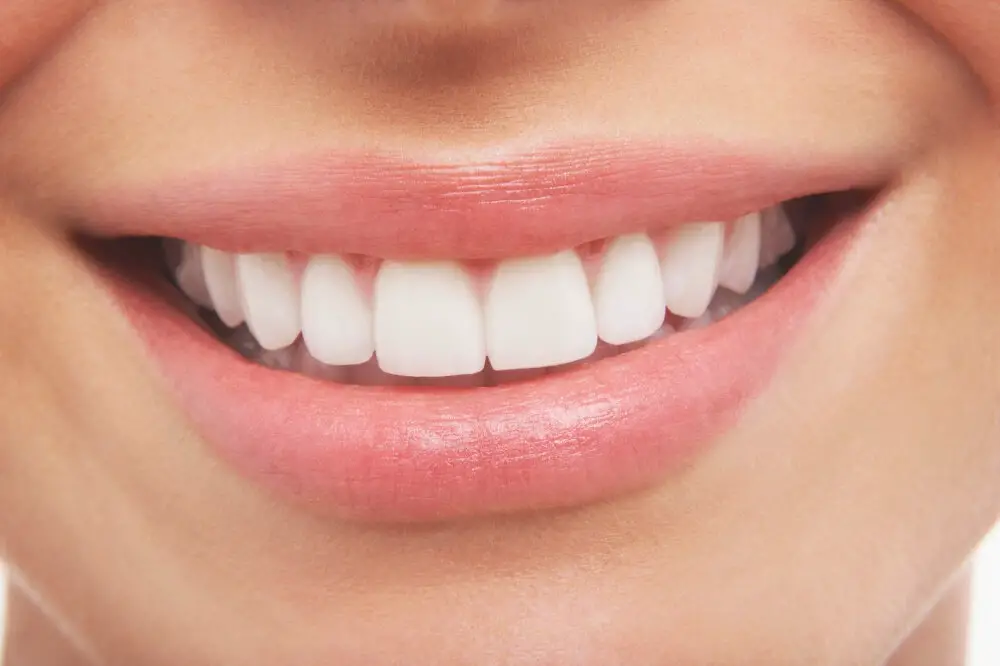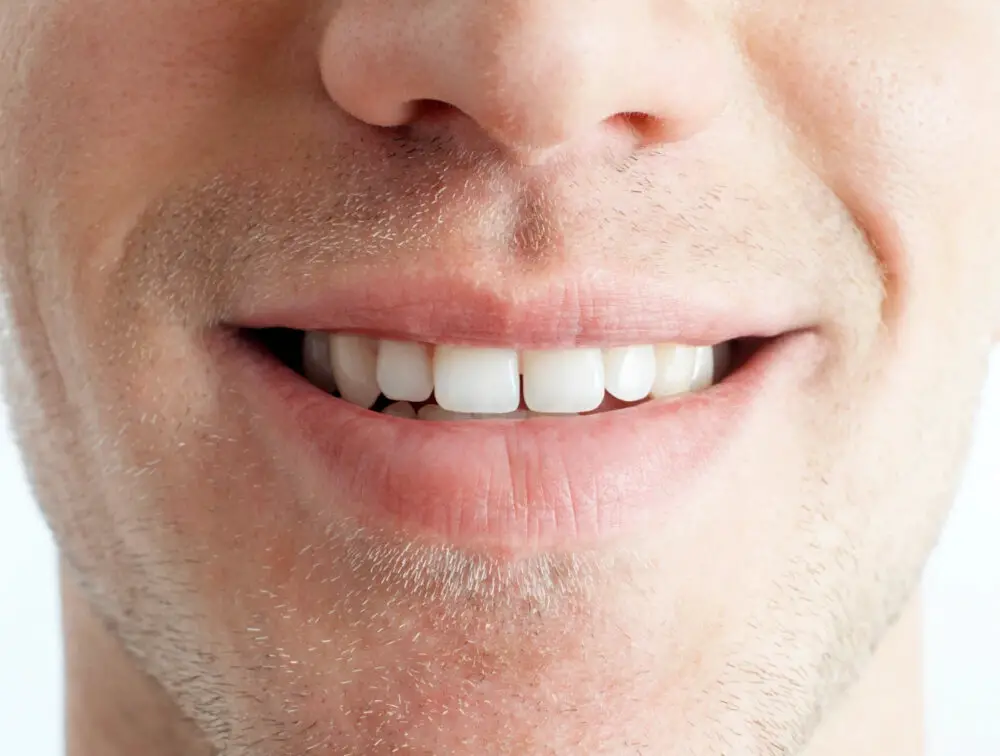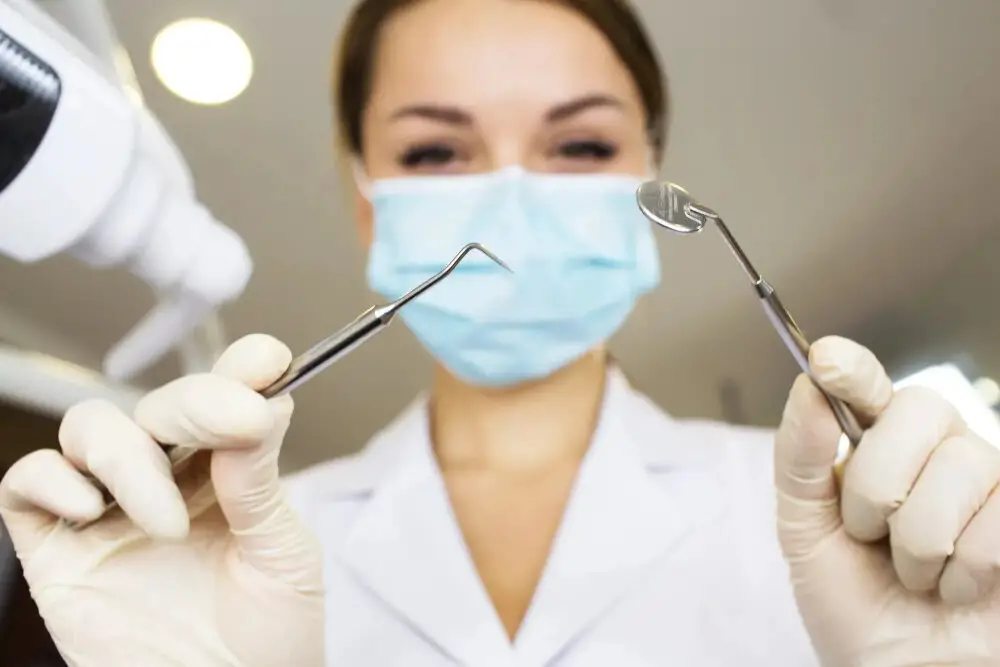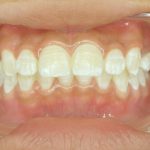Quick Relief: How to Reduce Swelling After Wisdom Teeth Extraction

Wisdom teeth extraction is a common dental procedure that many people undergo to alleviate pain and discomfort caused by impacted or partially erupted teeth. While the extraction itself is relatively straightforward, the recovery process can be challenging, especially when dealing with swelling. Swelling occurs as a natural response to the trauma of the surgery, and it can be uncomfortable and unsightly. Fortunately, there are several ways to reduce swelling after wisdom teeth extraction and make the recovery process more comfortable and manageable. One of the first things to consider when reducing swelling after wisdom teeth extraction is proper care and maintenance of the affected area. This includes keeping the mouth clean, avoiding strenuous physical activity, and using ice packs to reduce inflammation. Additionally, taking over-the-counter pain medications as directed by a dentist or doctor can help manage both the pain and swelling associated with wisdom teeth extraction. While swelling is a normal part of the recovery process, following these simple steps can help minimize discomfort and promote a faster, more comfortable recovery.
It’s not uncommon to feel discomfort, pain and swelling after the extraction of wisdom teeth, which can be quite problematic and interfere with your daily routine. However, there are a variety of ways to remedy this issue and promote quick relief. These methods include taking painkillers and anti-inflammatory medication, applying ice packs to the affected area, and adopting a soft food diet to avoid aggravating the wound. Furthermore, rinsing your mouth with salt water can help reduce swelling and prevent infection. By following these simple steps, you can alleviate the pain and swelling after wisdom teeth extraction and get back to your normal life as quickly as possible.
Ice Packs

Ice packs are a popular and effective method for reducing swelling after wisdom teeth extraction. These packs can help to numb the area, decrease inflammation, and promote healing. Applying an ice pack to the affected area can provide immediate relief, as well as long-term benefits. Ice packs can be made using a variety of materials, including frozen vegetables, gel packs, or even a bag of ice cubes wrapped in a towel. They should be applied to the affected area for 20 minutes at a time, with 20-minute breaks in between. It’s important not to apply the ice pack directly to the skin, as this can cause frostbite or other injuries. Instead, wrap the pack in a thin towel or cloth before applying it to the face. With regular use, ice packs can help to reduce pain and swelling, and speed up the healing process after wisdom teeth extraction.
One of the most effective ways to reduce swelling and pain after wisdom teeth extraction is to apply ice packs to the affected area. This can easily be done by using an ice pack or a bag of frozen vegetables wrapped in a towel and applying it to the cheek area for 15-20 minutes at a time. It is recommended to repeat this process every few hours during the first 24-48 hours after surgery to ensure maximum relief. The cold temperature of the ice pack helps to constrict blood vessels and limit the amount of fluid that accumulates in the affected area, ultimately reducing swelling and discomfort.
Pain Medication

Pain medication can be an effective way to reduce the discomfort and swelling associated with wisdom teeth extraction. Nonsteroidal anti-inflammatory drugs (NSAIDs), such as ibuprofen or naproxen, are commonly used to ease the pain and reduce inflammation. These medications work by blocking the production of prostaglandins, which are responsible for causing pain and swelling. However, it is important to follow the recommended dosage and not exceed the maximum daily limit, as taking too much can lead to stomach ulcers and other complications. For those who experience severe pain after wisdom teeth extraction, stronger pain medications may be prescribed by a dentist or oral surgeon. These may include opioids, such as codeine or hydrocodone, which work by blocking pain signals to the brain. However, these medications can be addictive and have side effects such as drowsiness, nausea, and constipation. It is important to follow the prescribed dosage and not exceed the recommended time frame for taking these medications, as they can be habit-forming. Overall, it is important to use pain medication as directed and to consult with a healthcare provider if any questions or concerns arise.
After a wisdom teeth extraction, it is common to experience pain and discomfort, which can last for several days. In order to help manage this pain, your dentist or oral surgeon may prescribe medication to alleviate any discomfort. It is important to follow the instructions provided carefully and only take the medication as directed. Over-the-counter pain relievers such as ibuprofen or acetaminophen can also be helpful in reducing swelling and managing pain. However, it is important to consult with your healthcare provider before taking any medication to ensure that it is safe for you to do so.
Salt Water Rinse

A saltwater rinse is a simple but effective way to reduce swelling and promote healing after wisdom teeth extraction. It involves mixing a teaspoon of salt in a cup of warm water and swishing the solution around your mouth for about 30 seconds before spitting it out. Saltwater rinse works by creating a hypertonic environment that draws out excess fluid and reduces inflammation. It also helps to prevent infection by neutralizing harmful bacteria in the mouth. Saltwater rinse is a natural and cost-effective alternative to commercial mouthwashes that may contain harsh chemicals. It is gentle on the gums and does not cause any side effects, making it safe for most people to use. It is recommended to rinse your mouth with saltwater several times a day, especially after meals and before bed, for at least a week after wisdom teeth extraction. This will help to keep your mouth clean, reduce swelling, and promote faster healing. However, it is important to avoid using saltwater rinse too soon after surgery, as it may irritate the wound and cause bleeding.
If you recently underwent wisdom teeth extraction and you’re experiencing swelling, a simple and effective solution is to rinse your mouth with saltwater. This natural remedy can help to reduce inflammation, promote faster healing, and alleviate any discomfort you may be feeling. By mixing one teaspoon of salt with warm water and swishing it around in your mouth for 30 seconds, you can create an effective solution that will help to soothe your gums and reduce swelling. This easy-to-follow routine can be repeated several times a day as needed, allowing you to get back to your regular routine as quickly as possible.
Rest and Relaxation

After undergoing wisdom teeth extraction, rest and relaxation are crucial to reduce swelling and promote healing. Swelling is a normal occurrence after oral surgery due to the body’s inflammatory response. However, excessive swelling can lead to discomfort and delay the healing process. Therefore, it is essential to take ample time to rest and allow the body to recover. Avoid strenuous activities for at least 48 hours after the surgery and limit physical exertion for several days after that. Engage in low-impact activities such as reading, watching TV, or light walking to promote blood flow and reduce swelling. In addition to physical rest, relaxation techniques can also aid in reducing swelling and promoting healing. Stress and anxiety can worsen swelling and delay the recovery process. Therefore, incorporating relaxation techniques such as deep breathing exercises, meditation, or yoga can help manage stress and promote relaxation. These techniques help to lower blood pressure, reduce muscle tension, and improve overall well-being. By incorporating rest and relaxation into the recovery process, patients can ensure a smooth and speedy recovery after wisdom teeth extraction.
When it comes to recovering from wisdom teeth extraction, rest and relaxation should be your top priority. These crucial elements not only help promote quick healing but can also help reduce swelling, which is a common side effect of this type of surgery. It’s best to avoid any strenuous activities during the first few days post-surgery. Additionally, elevating your head while sleeping can help reduce swelling. Make sure you take care of yourself and give your body the rest it needs to heal properly. By following these simple but effective tips, you can reduce swelling and have a quicker recovery after wisdom teeth extraction.
Wisdom teeth extraction is a common dental procedure that often leaves patients with swelling and discomfort. However, there are various ways to alleviate these symptoms and promote quick relief. Applying ice packs to the affected area, taking pain medication as prescribed, and rinsing with salt water can all help reduce swelling and pain. It’s also essential to take time to rest and relax after the procedure, allowing your body to heal properly. By following these simple steps, you can minimize your discomfort and return to your daily routine with ease.
Conclusion

In conclusion, reducing swelling after wisdom teeth extraction is crucial for a speedy and comfortable recovery. Following the steps mentioned above, such as applying ice, taking pain medications, and avoiding certain foods, can greatly help in alleviating swelling and discomfort. It is important to also follow your dentist’s instructions and attend follow-up appointments to ensure proper healing. By taking care of yourself and following these tips, you can minimize the swelling and get back to your daily routine in no time.







